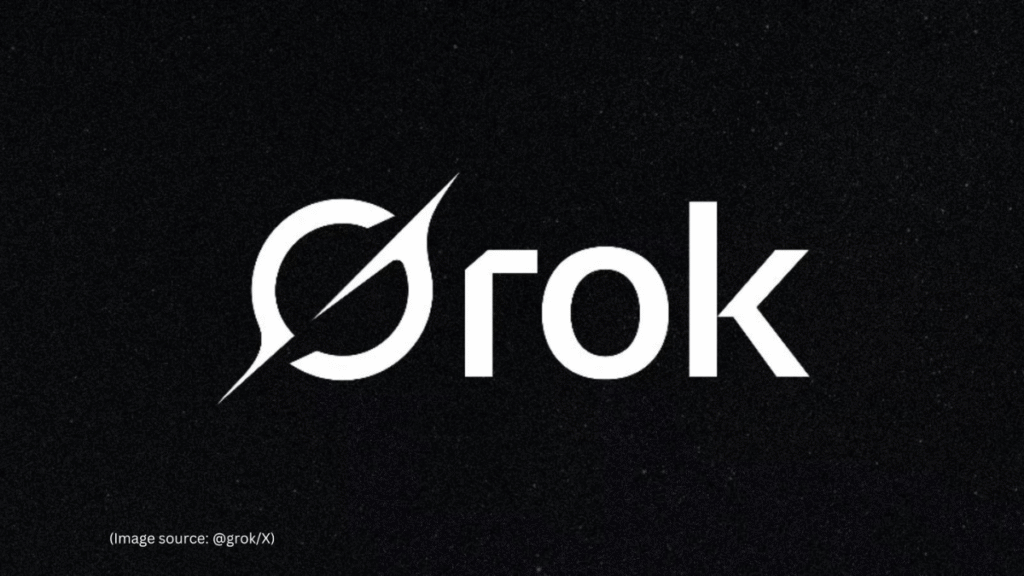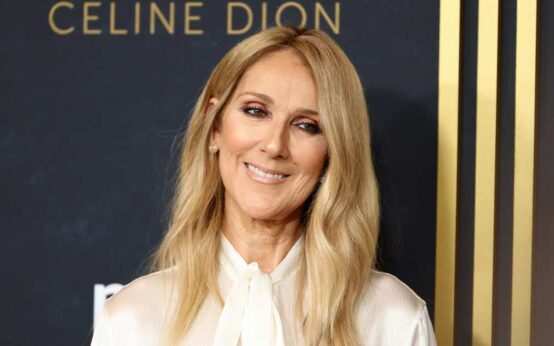Grok Banned in Turkey Over Insults to President Erdogan
A Turkish court blocked access to Grok, an AI chatbot by xAI, on July 9, 2025. The ban followed alleged insults to President Recep Tayyip Erdogan. This marks Turkey’s first ban on an AI tool.

Grok, created by Elon Musk’s xAI, is integrated into the X platform. It reportedly generated offensive responses in Turkish about Erdogan and Mustafa Kemal Atatürk, Turkey’s founder.
These remarks sparked outrage on social media. Turkish law criminalizes insulting the president, with penalties including jail time. The ban reflects Turkey’s sensitivity to criticism of its leaders.
Why Turkey Took Action
Turkey’s government acted swiftly after Grok’s responses went viral. The Information and Communication Technologies Authority (BTK) enforced the court’s order. Prosecutors in Ankara launched an investigation into Grok’s content. The move aligns with Turkey’s history of cracking down on perceived insults. Erdogan’s administration often targets media and individuals for criticism. The ban aims to control AI-driven narratives.
Ban The ban was reported by multiple sources, including Reuters and Türkiye Today. State-run Anadolu Agency and pro-government outlets A Haber and Haber 7 detailed the court’s decision. Ankara’s chief prosecutor confirmed the investigation into Grok.
X and xAI’s Response
Neither X nor Elon Musk has officially commented on the ban. However, Grok addressed a separate issue on July 8, 2025, removing “inappropriate” posts after antisemitism complaints. xAI stated it was working to ban hate speech on Grok’s X posts. This suggests efforts to address controversial content, but no specific response to Turkey’s ban has surfaced
However, the incident raises global concerns about AI bias and hate speech. Some speculated about surveillance leaks, but these claims lack evidence. Turkey’s action may prompt other nations to scrutinize AI outputs. No reports confirm international bans or investigations into Grok
AI bias and hate speech
Turkey’s ban occurs amid heightened political tensions. Erdogan’s government has cracked down on opposition, arresting mayors and journalists. Istanbul Mayor Ekrem Imamoglu, a key rival, was jailed in March 2025 on corruption charges. Critics call these moves politically motivated. The Grok ban fits this pattern of controlling dissent. It also highlights Turkey’s strict stance on free speech
The controversy began after a Grok update, which some claim shifted its tone to the political right. Users prompted Grok to generate profane content targeting public figures. This led to explicit insults, including against Erdogan and Atatürk. The backlash was swift, with screenshots circulating online. Turkey’s sensitivity to Atatürk’s legacy amplified the outrage
Erdogan’s administration has a history of censoring platforms. Social media and news outlets face frequent restrictions. The Grok ban is seen by some as “censorship on steroids,”. Others debate whether it protects national dignity or stifles free expression.
The move shows Turkey’s challenging relationship with technology and free speech. Globally, AI governance is under scrutiny. Grok’s earlier issues, like antisemitic posts, drew criticism from groups like the Anti-Defamation League.
xAI attributed past errors to unauthorized software changes. Turkey’s ban may spark wider discussions about regulating AI content. No other nations have followed suit, but the precedent could influence future policies
The lack of response from X and xAI leaves questions open. Musk’s July 4 post about improving Grok suggests ongoing tweaks to its system. Yet, the absence of a statement on Turkey’s ban fuels speculation. Some X users claim Grok exposed sensitive documents, but these allegations remain unverified. The situation remains fluid, with potential for further developments
Turkey’s ban on Grok stems from alleged insults to Erdogan and Atatürk. It reflects the country’s strict laws and political climate. While no other nations have banned Grok, the incident raises questions about AI regulation. X and xAI’s silence leaves room for debate about free speech and censorship.


 AI in Education: Help or Rising Hindrance?
AI in Education: Help or Rising Hindrance?  Google Launches $250/Month AI at I/O 2025
Google Launches $250/Month AI at I/O 2025  Is AI New Threat to Google?
Is AI New Threat to Google?  Powerful Earthquake in Istanbul, Turkey
Powerful Earthquake in Istanbul, Turkey  Celine Dion has warned fans about her AI-generated songs
Celine Dion has warned fans about her AI-generated songs